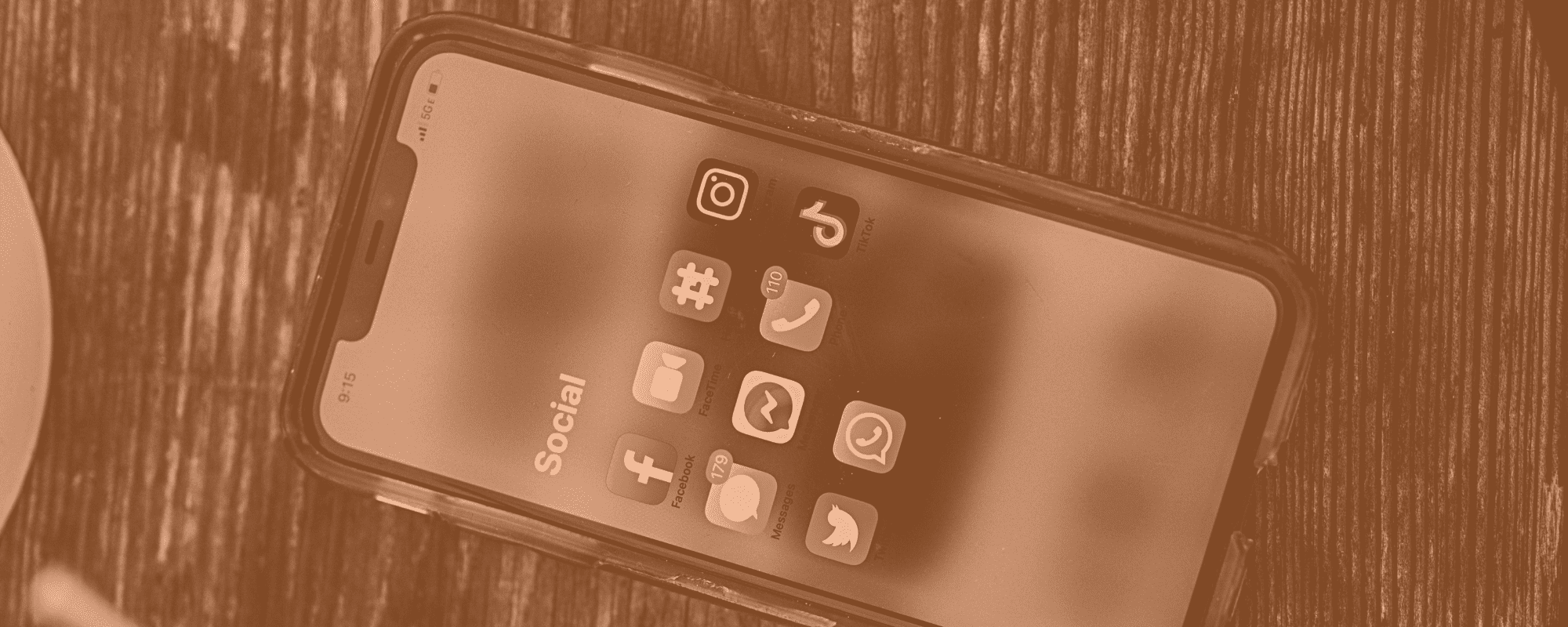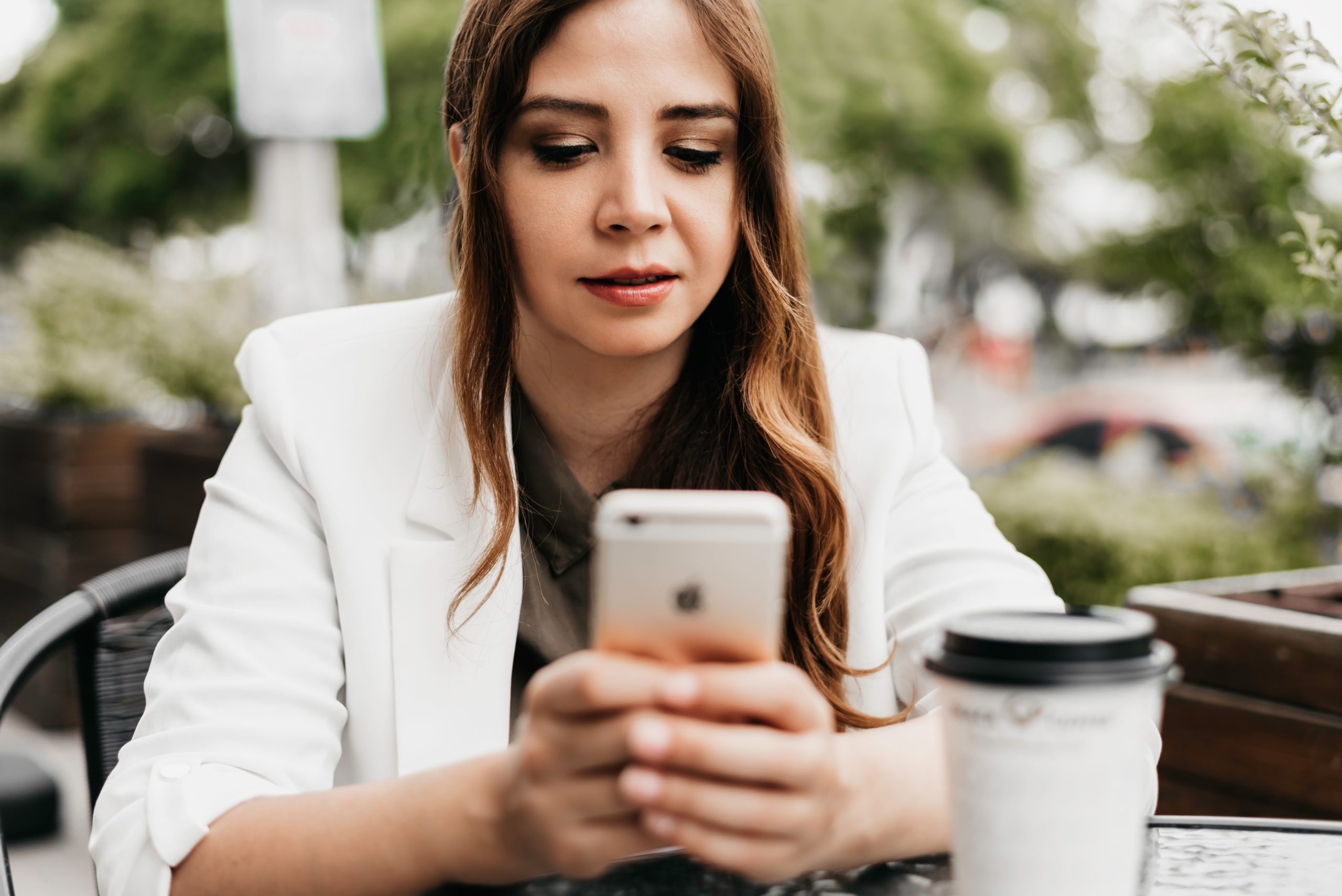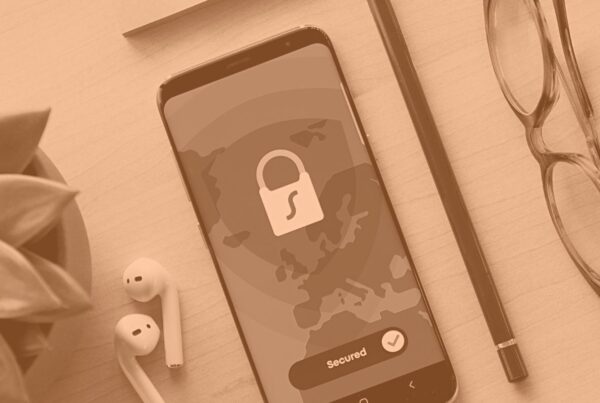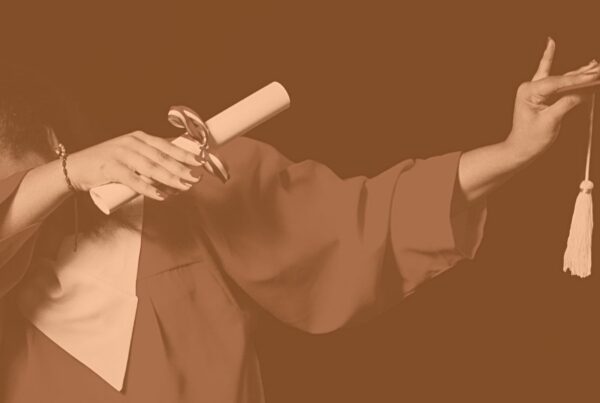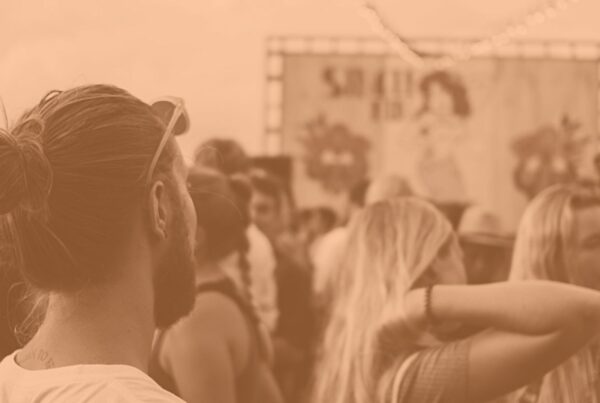Two weeks ago, a brave whistleblower came forward and told the world the ugly truth about Facebook. The result? The social network came crashing down and many users decided to abandon the platform once and for all. Since the Brew Crew never shies away from giving their perspective on current events, they decided to talk about social networks: the good, the bad, and the ugly. It’s not the first time that the charismatic foursome talked about social media, and it’s probably not the last time either.
Are social networks dying? Where does that leave business owners? Is social media really as horrible as we make it out to be? After all, aren’t we more connected than we’ve ever been? Well, what are you waiting for!? Tune in and find out what our lovely hosts have to say about social platforms!
Social Networks Vs. Niche Communities
Will is not a huge fan of Facebook and he doesn’t even try to hide it anymore at this point. The recent whistleblowing got many people thinking of quitting the popular social media platform, so Will wonders whether there’s a bigger trend behind that movement. “Social networks get huge and then people don’t like them because they’re lame or they create misinformation. And they’re terrible for society. People are starting to peel away from them,” he says.
However, Will also thinks that with the rising distrust in social networks comes a great opportunity. “The events industry can create communities that are not gigantic social media networks, but instead are niche communities centered around things they care about. Instead of the person using Facebook groups or LinkedIn groups to bring people together, they’re using that individual event, the community, the virtual event platform, the metaverse software.”
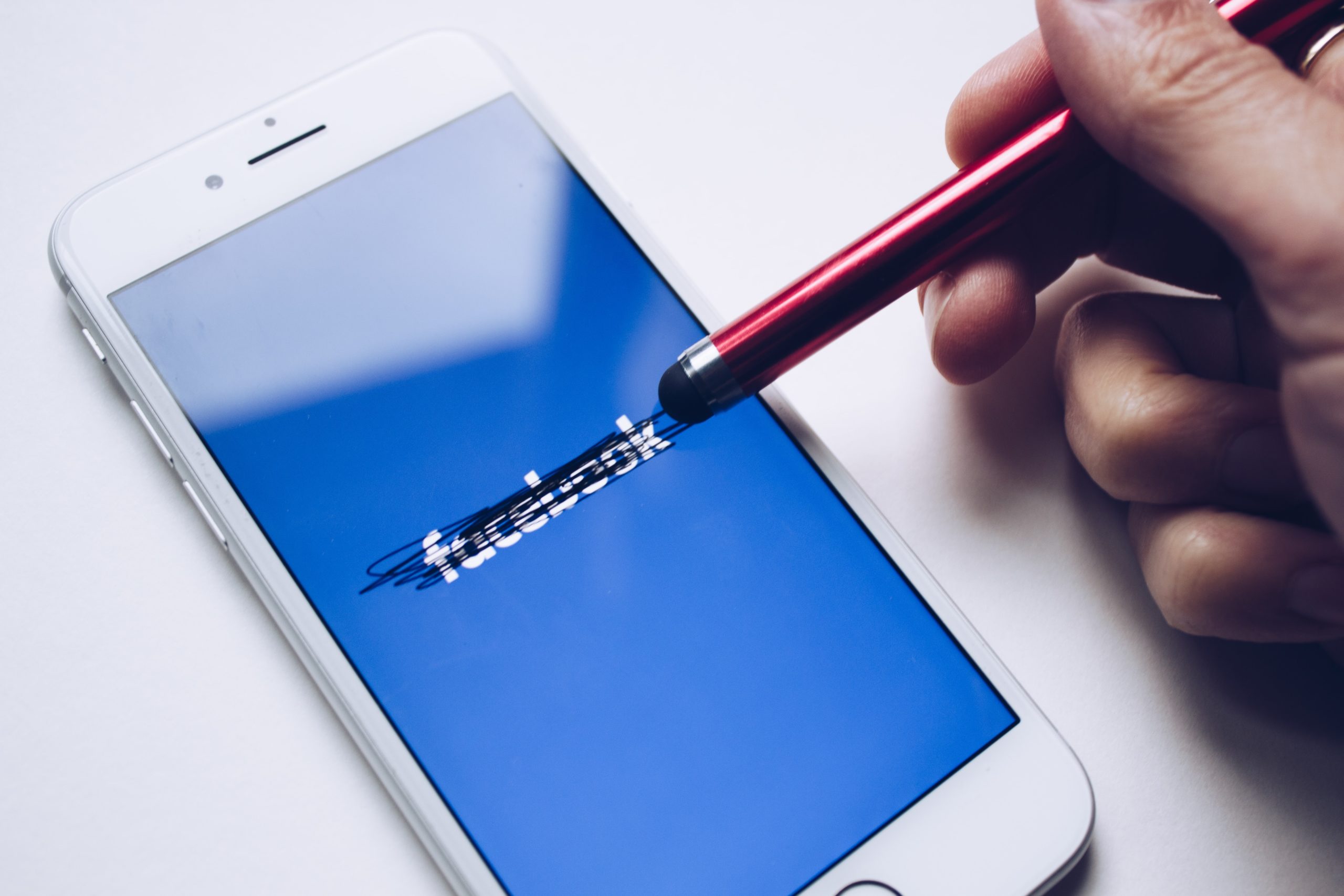 Here Comes The New Generation!
Here Comes The New Generation!
“There is an upcoming generation of people that are using certain platforms less, but they’re just being replaced by other platforms,” replied Dustin. “So those that are leaving Facebook are going to Instagram, Snapchat, or TikTok. I don’t believe that there’s this mass amount of people that are removing social platforms from their life. There is a younger generation that is removing what is now seen as their parents’ social media. And I think that’s more of an issue, but the buyers and the sellers are still in the place that we need them to be.”
There is something to what Will is saying, though. “We’re seeing some negative pushback associated with social networks for the first time,” says Nick. “When we first got it, we were all wondering what could this be. It was evolving so fast. You wouldn’t quit it because you didn’t really know what it was yet. And now, there’s a whole generation that’s grown up with social media networks as being the natives of it. They don’t look at it as a novelty. They look at it as status quo, which is not necessarily exciting. So the opportunity to inject new novelty into things is definitely there.”
The Events Industry Depends On Social Networks
Then, they talk about how this trend relates to the events industry. “We’re not in the business of creating large social media gathering spots in order to ostensively create giant user basis to sell ads,” says Nick. “For social media platforms, the community part really is just a means to an end. What we do is bring people together. And that’s the end unto itself: bringing people together has commercial value for most of us.”
“We’re already seeing the effects of the demand for brands to connect face to face,” says Dustin. “We’ve seen such a huge uptake in what brand activations look like and the amount of money that’s going into them. That is all coming from a place where social media is starting to get exhausted a little bit and that will continue to grow. I think that marketers are the ones that have the biggest challenge in front of them because so much marketing has moved primarily into social. And when users get off those platforms, the marketers now have to do the work to figure out where they’ve gone and how do they continue to market to them. As the event industry is so heavily blended with the marketing industry, I can see that being challenging for a lot of reasons.”
Social Networks: Fostering 365 Community Engagement
In Nick’s opinion, social media networks have the superpower to scale really fast. “No matter what you’re trying to do, it can scale up faster and more niche.” 365 community engagement is a huge trend in the events industry – and it heavily relies on social networks.
A case in point: Ru Paul’s DragCon. “This was a new event in a community that didn’t have their own event. So to me, it was like ground zero. I worked with an app company that did the app for it. The app itself was launched prior to the event and everyone jumped on it really quickly in these smaller communities that were not being served in a national capacity,” he explains.
“This need to get together was very strong. And this event was the lightning rod required in order to get this group together on a scale that was larger than they’ve ever experienced before, outside of their own cities. So, the app itself was very vibrant. And then immediately following the event, they didn’t delete the app. They continued the conversation on the app, and that’s almost unheard of in my experience. When you have communities that really want to get together, it requires the in-person event as the lightning rod to fuel the digital,” he concludes.
Events Should Move Away From Social Network Features
Up next, Will talks about the idea of designing an event to be the opposite of social networks. “Especially when it comes to digital and virtual events, far too often are people pushing for social media elements. ‘I want a wall where I can post things and a message board’. Do people really even like doing that stuff? I tell clients that I’m designing events for that this is probably not going to work. However, they still want it. So they get it, and the message board gets two responses. One of them being the person who’s paid to create initial engagement. People are at this point where they’re over-wanting to tweet, start a discussion board, share pictures on a wall. In reality, they’re craving something totally different.”
“What we need to create in the live environment is the things you can’t get online,” adds Dustin. “To Will’s point, if we continue to try to recreate the message board and all these features that you already get every single day on every app you use, and we try to insert those into what is a live experience – whether that is digital or in-person – that’s a mistake because we’re already getting so much of that. That’s a lot of what people are trying to run away from.”
“We have to dig deeper than that and find ways to engage with people that are not like a social media platform that have different tools, different metrics, different ways to engage because that I think is ultimately what people are looking for when they’re getting tired of social media. It’s not that it’s full of scum – it just hasn’t evolved that much since it started. You’re just more targeted and irritated with ads. There’s just more hate. It’s just a safer place to go and spew whatever is on your mind. So, stop designing with social media tools because there’s already a place for that. And we’re exhausted by it,” he says.
 Do Social Platforms Make Us More Divided Or Connected?
Do Social Platforms Make Us More Divided Or Connected?
Dustin might feel exhausted by social media, but Nick comes to its defense. “We use social media as a tool to get our information and we also use it as entertainment,” says Nick. “Those two things are at odds. That’s the biggest problem with social media: the fact that there is an algorithm that delivers things that we want. We’re eating cake constantly and we’re getting sick. Why are we getting sick? Confirmation bias, further isolation, and echo chambers. That’s when people are saying the world is more divided than it’s ever been. That’s not true. We’re more connected than we’ve ever been. Before, we didn’t know we were divided because we didn’t even have a window into those other worlds. Those worlds didn’t exist.”
He offers the solution to the divisive rhetoric that seems to be so pervasive on social platforms. “What we need to do is bring disparate groups of people together in a safe space in order to hash things out and to come out changed and different. What social media doesn’t do that face-to-face events are supposed to do by design is create change. And the other ones are about creating communities. They just take advantage of what is, and they give it a platform. What we do is we create things that don’t exist because we smashed things together and something new comes out of it.”
Social Platforms & Events: It’s All About Engagement
“Event professionals are always trying to seek ways to increase engagement at events. Because the more engagement we get, the more people come to it. Also, if enough people are coming back to the event, we sell more sponsorships and then, we can have more money for speakers. Just to do the whole thing over again. I didn’t realize how much a social network is pretty similar. It’s designed to increase engagement, so you use it more and come back. That way, they can show you ads and then take that money to increase engagement. That’s a cyclical nature of it. Yet we don’t have this problem in the events industry of such toxicity. People are just more civil in person.”
Conclusion: Let’s Give People Voices
Nick concludes today’s episode by sharing insights from a conversation he had with a certain engineer who works at Google. “There were people who were contributing to conversations more now that things were done virtually than they were doing face to face. And they found out that there were all these different ways that they could communicate that they hadn’t before. And it was empowering voices who just didn’t really get their voices heard in person.”
“What’s really important is that they started designing their virtual to give everyone a voice. There’s a tracker. They would track what percentage of the conversation each person contributed. When they were doing that, people were altering their behavior in order to be more generous,” he says.”
“There are all these cool design opportunities that we have if our goal truly is to give voices to people. There’s a lot of work to be done if our design principle is the empowerment of people and not simply just the same people talking like they always do.”
And with that thought, the Brew Crew bids their listeners farewell for two weeks. Stay tuned for more awesome content!


